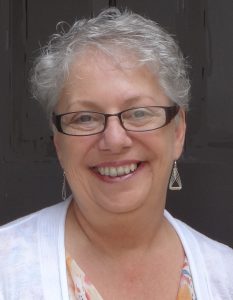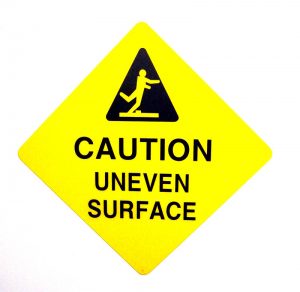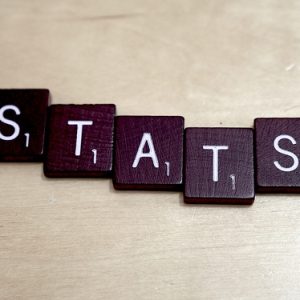GUEST BLOGGER : Karen Dionne
After seeing Kristin’s criteria list, perhaps you’re wondering, “How can I tell if an agent who has offered me representation meets her criteria when I haven’t worked with them yet?”
The answer is simple: Talk to their clients.
You might be reluctant to ask for references, thinking it’s too forward. Or after a long and oftentimes brutal agent search, you might be afraid to rock the boat.
But as Kristin points out, once an agent has asked to represent an author, whether or not they work together is now up to the author. As with all professionals, a good agent will be happy to provide a prospective client with references.
You might also be reluctant to talk to an agent’s clients before you sign, thinking the exercise is moot. Of course the author won’t say anything negative about their agent, so what’s the point? But if you frame your questions correctly, you should be able to get the answers you need. For instance, to find out if the agent is a good negotiator, you might ask, “How did your submission process go?”
Likely, you’ll get a detailed account (we authors do love to tell stories!)—how many publishers the project was sent to, how many rejections came in before they got an offer, who bought the rights to the project in the end, whether they bought North American or world rights, and so on. If the agent negotiated more favorable terms for the author, you can be sure they’ll mention it.
Example #1: A writer friend had two offers for his first novel. Publisher A offered a $40,000 advance, while Publisher B offered $75,000. My friend would have gladly accepted Publisher B’s offer, but his agent thought they could do better. She went back to Publisher B and told them they had another offer (though not how much), then added that her author would really like to work with Publisher B, but was hoping for an advance more in the area of $100,000. Publisher B agreed.
Example #2: When my first novel sold, my agent negotiated a considerably higher advance even though only one offer was on the table.
On the other hand, if the client tells you they accepted the publisher’s original offer without negotiation, perhaps indicating their agent told them it’s standard practice for first-time authors to accept the offer as-is because they don’t yet have sufficient clout to negotiate, watch out. It’s not. Contracts are always negotiable, even when an author approaches an agent with an offer from a publisher in hand, as Kristin will explain in future articles.
Kristin says a good agent isn’t afraid of conflict. A question you might ask to find out how the prospective agent handles conflict might be, “Did you like your cover?” Again, listen carefully to the answer. Did the agent talk the author into accepting a cover they didn’t like? Or did he or she advocate for changes? When my publisher sent over the PDF of the cover for my second novel, before I could even open the email to see what the cover looked like, I got an email from my agent saying, “Don’t worry. We’ll fix this.”
If the author says they loved their cover, then ask about something else. There are always problems. Try to find out what the agent did to resolve them. What you’re looking for are warning signs that this is a passive agent, a non-negotiator, someone who shies away from conflict rather than dealing with it in a mature and productive manner.
Most publishers won’t roll out the red carpet for a new author; it’s up to their agent to fight for things that an new author probably expects should be taken for granted. Signing with a timid agent or an agent who is naïve about the business can result in lower advances, less in-house publicity, no bookstore co-op, a lackluster cover, and a-less-than-favorable contract.
Remember: It’s your career. Talk to the prospective agent’s clients and find out all you can using the criteria in Kristin’s list. If your gut says the agent is not the right person to help you reach your publishing goals, keep looking.
*****
Karen is an internationally published thriller author, co-founder of the online writers discussion forum Backspace, and organizer of the Salt Cay Writers Retreat and the Neverending Online Backspace Writers Conference. She is represented by Jeff Kleinman of Folio Literary Management.





